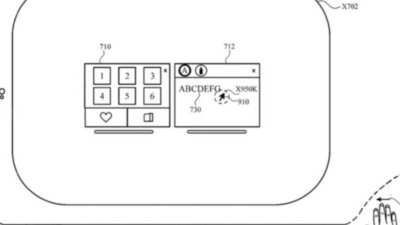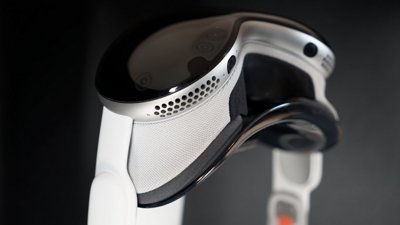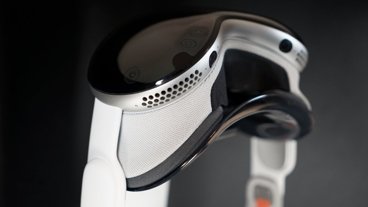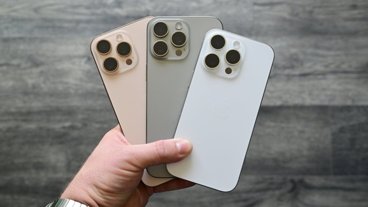Asked about the technology during a call on the company's Q1 results, Apple CEO Tim Cook called virtual reality "cool" and something with interesting applications, though he didn't tease any plans Apple might have.
"I don't think it's a niche," Cook told Piper Jaffray analyst Gene Munster. Munster didn't inquire into any specific Apple efforts, as the company normally refuses to comment on future products or even whether it's exploring a concept.
Though it had a false start in the 1990s, owing mostly to poor graphics technology, virtual reality is finally poised to become big in the next few years. Sony, HTC, Samsung, and Facebook's Oculus are among the companies with headsets already out or set to launch later this year, while firms like Google and Microsoft have been exploring VR and the related concept of AR, or augmented reality.
Various developments have hinted at Apple's exploration of the field, such as the recent hire of a VR expert. In May 2015 Apple bought AR firm Metaio, and back in 2013 it picked up PrimeSense, responsible for Microsoft's original Kinect motion sensor for the Xbox 360.
The greatest challenge for Apple may be graphics performance. While many mid- to high-end PCs can handle full-fidelity VR, the only Mac powerful enough to support it is the Mac Pro, which starts at $2,999. AR and more modest forms of VR — like Samsung's phone-based Gear VR — may be an easier route.
 Roger Fingas
Roger Fingas


 Andrew Orr
Andrew Orr
 Malcolm Owen
Malcolm Owen
 Amber Neely
Amber Neely

 Wesley Hilliard
Wesley Hilliard
 William Gallagher
William Gallagher











24 Comments
Well that settles it. If Apple now says it's "cool" they have a product on the way for that slot.
Meh. 3D television and movies had a resurgence that has also died down again. Neither of these things are wanted by the average person as of now. The niche that wants it and will pay for it are smaller by far than the percentage of consumers that just don't care (or actively reject it).
Mostly people just want the fantastical fictional versions of these technologies seen in techno-fantasy tv and film: they want free-standing "holographs" (not physically possible, despite people repeatedly being told they are by fiction) and the ability to "jack in" to "cyberspace" with a direct link between the brain and a computer generated environment (currently also technically impossible but maybe not ultimately physically impossible if people figure out how to send and receive sensory data directly to and from the brain while locking out the actual data coming from the body to the brain- we're talking way more than "20 years away" here, since the best integration between electronics and human nervous system is blunt and stupid reaction to simple nerve impulses to drive very simple actions; NOT "thought control" so much as it's peripheral nerve control over devices connected with electrodes to sense nerve impulses).